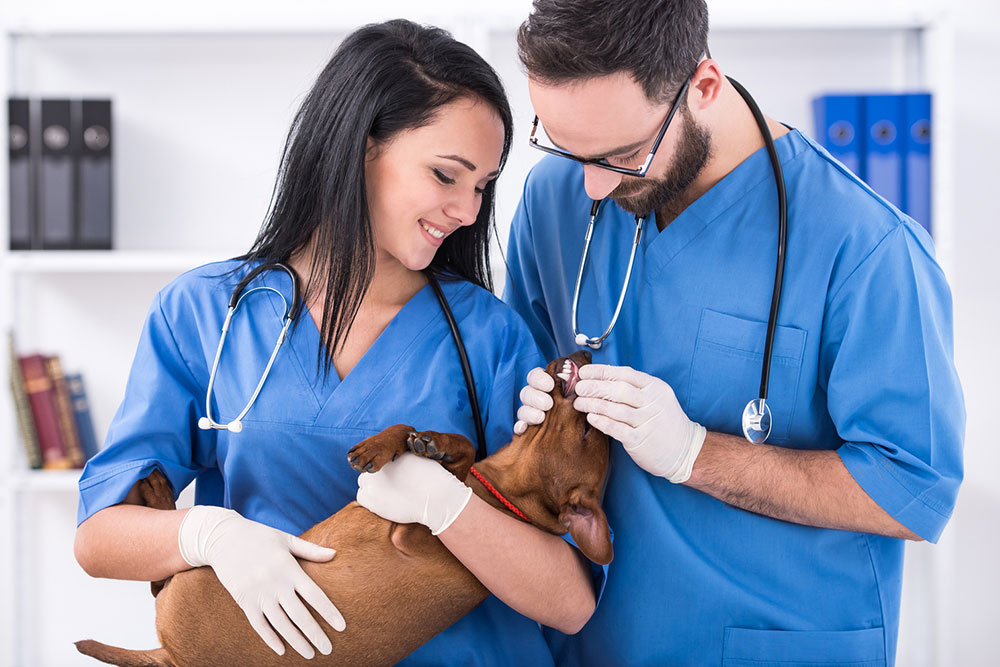Key Food Allergens in Cats and Dogs You Should Know
This article highlights common food allergens in cats and dogs, including beef, corn, dairy, eggs, and artificial dyes. Recognizing symptoms like itching, digestive issues, and skin irritations is vital for early intervention. Tips for managing allergies through diet and professional veterinary advice are also provided, helping pet owners ensure their pets' health and well-being.
Understanding Pet Food Sensitivities
Foods Commonly Causing Allergies in Pets
Are your cats or dogs frequently sneezing, scratching, or licking their paws? These signs may point to food allergies. Both animals can develop sensitivities similar to humans. Since pet diets include multiple ingredients, diagnosing food allergies can be challenging compared to environmental allergies. Early detection of symptoms is essential for proper treatment and management.

Look out for these indicators:
Persistent scratching
Sneezing, coughing, or wheezing
Digestive disturbances like diarrhea or vomiting
Paw licking or biting
Coarse coat or hair thinning
Hair loss
Ear infections
Oily or flaky skin
Red, irritated eyes
Reactions vary among pets, with immune responses causing the above symptoms.
Major dietary allergens include:
Beef — A common protein in pet foods, beef allergies can develop; rotating proteins weekly may help prevent sensitivities.
Corn — Used as an inexpensive filler, corn can cause skin irritations and itchiness, and may contribute to obesity or diabetes in cats.
Dairy — Many pets are lactose intolerant, leading to digestive issues; allergy symptoms may also appear.
Eggs — Egg proteins can trigger immune responses; ingredient labels should be checked carefully to avoid exposure.
Artificial colorings — Some pet foods incorporate dyes that lack nutritional benefits and can cause skin problems or inflammation.
Making homemade pet foods with natural ingredients can help minimize allergy risks. Choose products labeled transparently and free from fillers or artificial additives. Always seek veterinary guidance for specific allergies and diet plans.
Disclaimer:
Our platform provides a broad range of informational content across various topics. We aim for accuracy, but this should be considered general guidance. For personalized veterinary advice, consult a professional. We are not responsible for discrepancies or missing data on other platforms.


